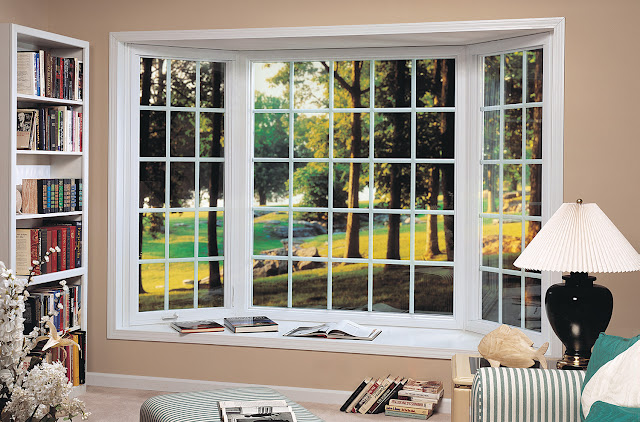Are we buying a Safe Home?
Buying our first
home is a dream for many. We look for many properties, we look for preferred
location with schools, colleges, hospitals, shopping areas etc.in a radius of 5
kilometers. We also ensure that we have the right neighbors around, our kids
are safe in the area, if the premises provide a play area etc., But have we
ever wondered if we are buying from a right seller? Does the building have
proper permissions? Is the building safe to occupy?
What Aspects we should look into, when buying an apartment?
So, typically
before buying an apartment or home, we have to look into few provisions laid down by the Government, especially with
regards to safety aspects. Here are a few for our reference:
National Building Codes by BIS:
When an apartment
or a building is constructed in an urban/semi-urban area, the builder is
expected to follow a few norms laid out by the National Building Codes.
The National
Building Codes 2016 gives a detailed picture on the Occupant Load per 100 sqmt
defining it to the depth of Residential,
Commercial, Educational/Institutional, Business, Storage or Hazardous
constructions. It clearly lays out the minimum space requirement for different
parts of the building including
habitable rooms, kitchens, bathroom, pantry, store, canopy, doorways,
staircases etc., The NBC also lists very specifically on the number of exists to be provided for the building,
the type of exists, the soil at the
location of the construction, the
height restrictions etc.,
Most of the
builders seem to follow the above codes with due diligence. However, there are
a few sections which are found to be ignored. We shall discuss them in the
sections ahead.
Bureau of Indian Standards:
Bureau of Indian Standards lays down a few Quality Standards to be
followed by the builders. BIS has set up few standards in terms of the
Structural Engineering, Designs and Components being used etc., Environmental
constraints to be followed, standards on maintaining existing constructions
etc.,
Real Estate Regulatory Authority:
Each state in
India has constituted its own Real Estate Regulatory Authority for their
respective Municipal Administration and Urban Development wings to approve the
residential projects. Any real estate construction project undertaken within
the limits of the state shall have to be registered and approved by the
respective State’s RERA to initiate the construction work.
At the ground
level RERA plays a very important role in providing the necessary approvals to
the builders to undertake any activity.
What is Ignored?
While all the
above codes, standards are followed by the builders, there are few areas that
are turned blind eye to, both by the consumers as well as builders. Here are a
few pointers:
●
We tend to ignore the safety aspects like Fire Safety
Though the
occupancy certificate mandates the setup of basic fire safety in a residential
building, there is no manual check done on the same. The authorities are asked
to issue an occupancy certificate, if the builder is able to provide a photo
evidence.
●
The types of Elevators being installed
Elevators in high
rise buildings are inspected only for their installation and basic setup.
However, they are not checked for the expected occupancy and the load check.
● The Type of Glass being used on the railings
While NBC, BIS
specifically mention about the Safety Glass usage, no mention is made in RERA.
RERA, being the Certificate Issuing Authority completely ignores to ensure if
the NBC and BIS regulations are strictly followed while constructing the
buildings. This typically leads to the blame game among the authorities, when a
mishap occurs. NBC clearly outlines the risk levels as the building height goes
up
●
Type of Electrical setup
being used.
NBC clearly
mentions the type of electrical equipment that should be used. And how the
installation should be implemented. When there is no proper earthing done and
no lightning conductors installed in High-rise buildings, the entire building
is susceptible to electric short circuit.
● The strength of the building
Building strength comes from the way the foundation has been laid. Few
essential factors to be considered in this area are : type of soil before the
construction started, was there a lake/water body earlier in that region etc.,
How we can bring a change?
Many builders/construction
owners, focus more on the
beautification of the building and
premises. We as consumers also get
attracted to the beauty, the premises, the location and ignore the safety
aspects of the construction. RERA Act clearly states that the Residential/Commercial
owners can reach out to RERA at any
time within 5 years of the building
handover, in case of any basic
compliance issues not followed. But most of the
consumers are unaware of these provisions.
As consumers, let
us take the first step towards safety. Let us ask the builders for the right
approvals. Let us be aware of NBC and BIS codes. We are consumers’ and it is
our right!
Let us choose Safety!



Comments
Post a Comment